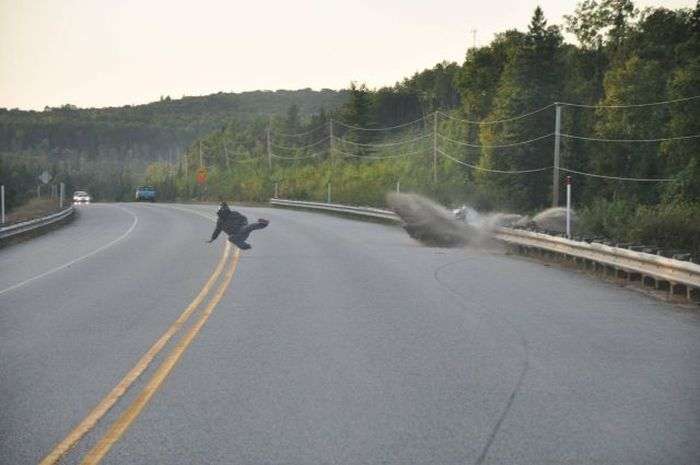As world leaders convene in Brazil for Cop30, a critical assessment of global efforts to curb greenhouse gas emissions is in order. Despite decades of international climate summits, the rate of carbon dioxide accumulation in the atmosphere has accelerated, with approximately half of all CO2 since the Industrial Revolution emitted since 1990. This alarming trend occurs even as the scientific consensus on human-caused climate change has solidified – a reality first confirmed by the Intergovernmental Panel on Climate Change (IPCC) in 1990.
The Unsustainable Rise of Fossil Fuel Emissions
Recent data reveals a concerning picture: in 2024, CO2 concentrations reached a record high of 423.9 parts per million, with the annual growth rate experiencing the largest surge since measurements began in 1957. A staggering 90% of global CO2 emissions in 2024 stemmed from the burning of fossil fuels, while the remaining 10% resulted from land-use changes.
While gas and oil accounted for over half of global fossil fuel emissions, coal consumption reached a record high, contributing 41%. Despite the call to “transition away from fossil fuels” at Cop28, current production plans indicate that fossil fuel extraction by 2030 will more than double the amount needed to limit global warming to 1.5°C. The continued use of natural gas is often rationalized as a “transition fuel,” though this strategy ultimately delays the necessary shift away from all fossil fuels.
Nature-Based Solutions: An Insufficient Fix
Instead of prioritizing the rapid phase-out of fossil fuels, climate policies are increasingly reliant on “nature-based solutions” – often involving planting trees – to offset emissions. While protecting and restoring natural carbon sinks like forests and wetlands are beneficial, research indicates that there isn’t enough land to achieve net-zero emissions through these methods alone.
To meet current net-zero pledges, approximately 1 billion hectares – an area larger than the United States – would need to be converted from existing uses, such as food production, to carbon sequestration projects by 2060. Even if this ambitious conversion could be realized, forests take considerable time to mature and are vulnerable to wildfires and extreme weather, rendering them an unreliable long-term carbon storage solution.
The Illusion of Net Zero: Shifting the Burden
The natural processes of the Earth absorb roughly half of the CO2 emitted each year, with the remainder absorbed by oceans and terrestrial ecosystems. However, as the planet warms, these natural sinks are becoming less effective, leading to greater atmospheric carbon accumulation. Effectively, climate policies relying heavily on natural carbon sinks simply relieve the fossil fuel industry from the pressure to curtail its emissions.
Achieving net zero by 2050 necessitates carbon dioxide removal (CDR). Current CDR efforts primarily focus on land-based methods, allowing polluters to purchase carbon credits and continue their business as usual while failing to address the root cause of the problem: the ongoing burning of fossil fuels. This practice essentially adds to a growing “carbon debt” that will burden future generations.
Beyond Net Zero: The Need for Net Negative Emissions
To truly address the climate crisis and prevent significant overshoot of the Paris Agreement temperature goals, the world must move beyond net zero and actively work towards “net negative emissions” – drawing down accumulated historical emissions. Currently, vegetation-based CDR absorbs only about 1% of annual fossil CO2 emissions, while technology-based CDR accounts for a negligible amount.
Ultimately, the prevailing focus on net zero represents an “insidious loophole” that diverts attention from the essential scientific imperative: the elimination of fossil fuels. History suggests that Cop30, like previous summits, will likely result in vague commitments rather than immediate, concrete action. Until leaders implement a price on carbon that brings the era of fossil fuels to an end, the physical consequences of climate change will continue to intensify.
The choice before us is stark: confront the scientific reality of our situation with decisive action, or endure the repercussions of this profound moral failure for centuries to come.



























